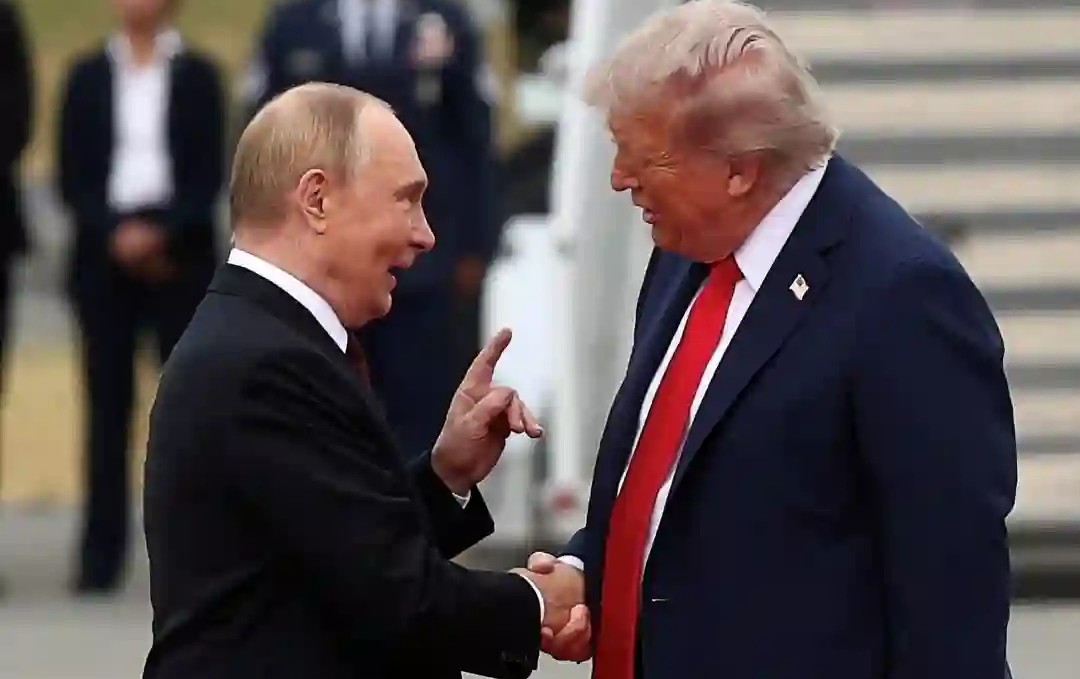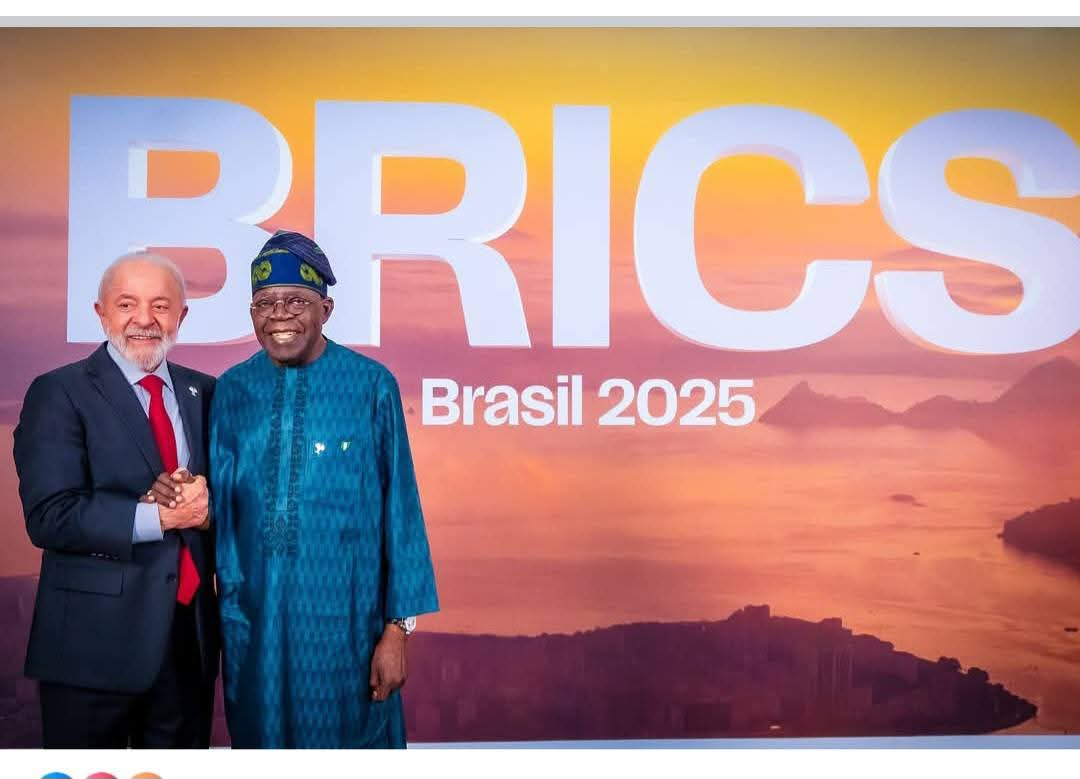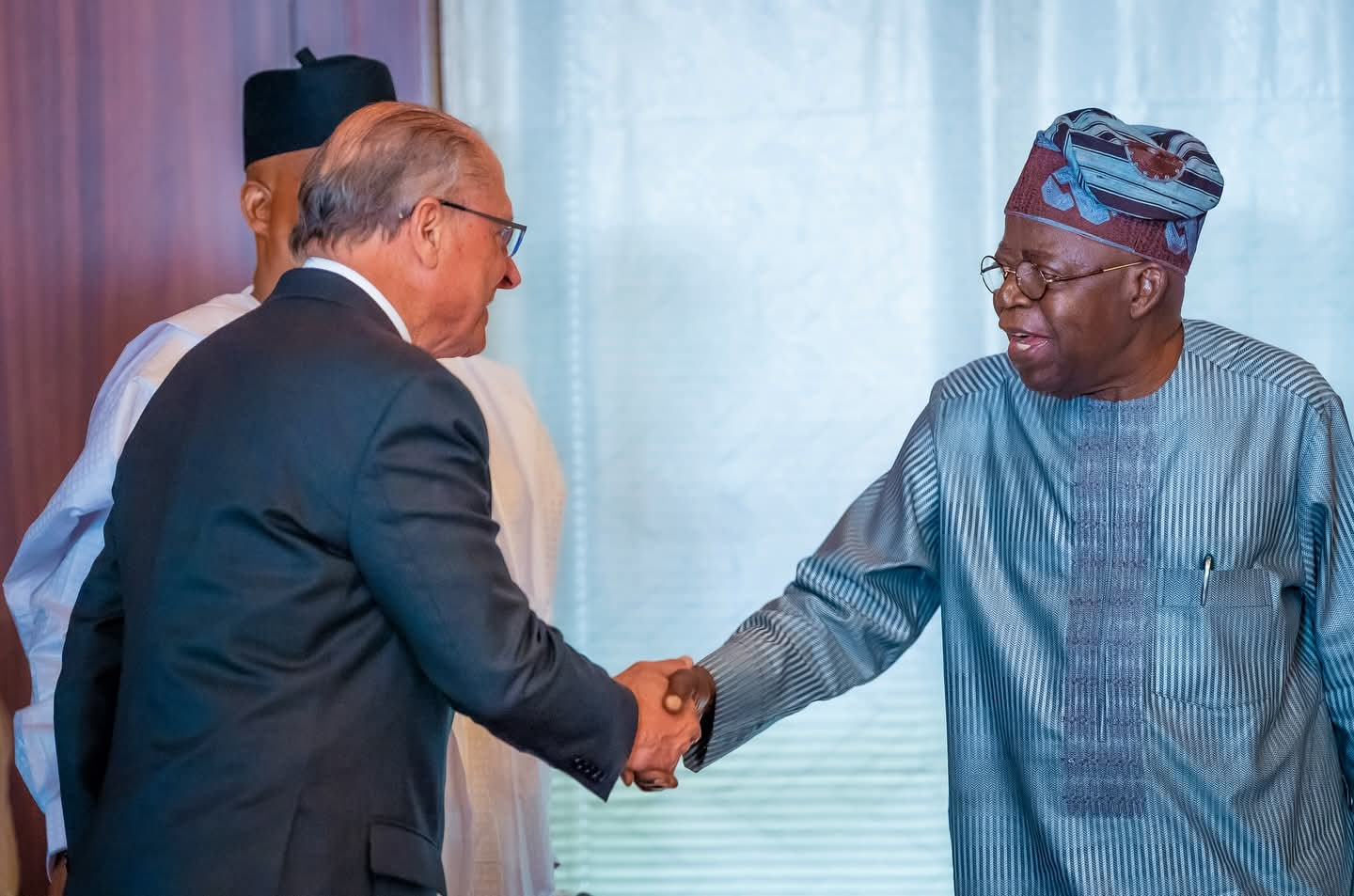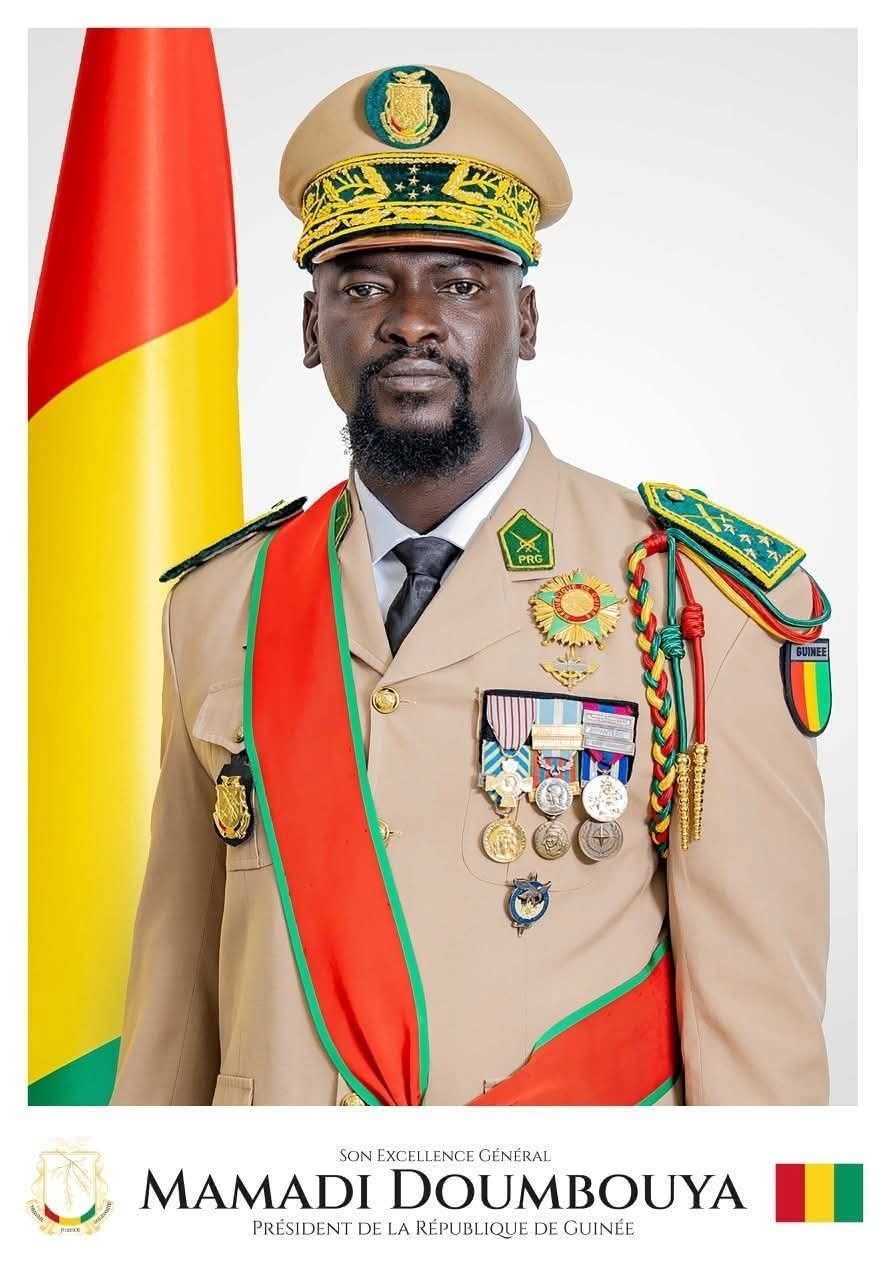U.S. President Donald Trump and Russian President Vladimir Putin have arrived at Joint Base Elmendorf-Richardson in Anchorage for a highly anticipated summit aimed at de-escalating the more than three-year-long conflict in Ukraine.
The meeting marks the first standalone summit between the two leaders since 2018 and the first time a U.S. president has met with Putin since Russia’s full-scale invasion of Ukraine. According to Kremlin spokesperson Dmitry Peskov, the talks are expected to last a minimum of six to seven hours.
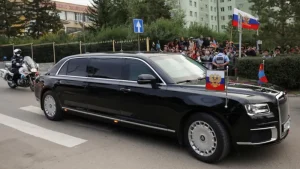
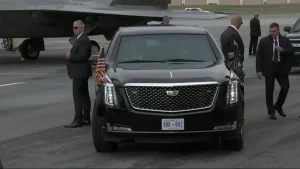
“There’s a high sense of anticipation,” reported Al Jazeera correspondent Kimberly Halkett from the scene, as the leaders stopped for a photo opportunity before commencing negotiations.
The summit comes amidst a backdrop of international pressure and calls for a resolution to the war. While Ukrainian President Volodymyr Zelenskyy was not invited to the talks, President Trump expressed his hope for a future meeting in Alaska between Putin and Zelenskyy.
Zelenskyy, for his part, has maintained a firm stance, stating that new sanctions should be imposed on Russia if an “immediate ceasefire” is not agreed upon.
The choice of Alaska as the summit location has drawn attention from local officials. Senator Dan Sullivan, a Republican, touted the state’s strategic importance, writing on social media, “Alaska is the right place for peace talks. Putin understands strength & power — Alaska exudes both.”
However, Senator Lisa Murkowski, also a Republican, voiced reservations about the meeting’s effectiveness without the direct involvement of President Zelenskyy.
“Nothing can really be done without the consent, without the involvement of President Zelenskyy,” Murkowski told a local publication, adding that she “sympathized with the protests against [Putin’s] arrival.”
Murkowski did not mince words when describing the Russian leader, calling him a “war criminal” and condemning his “reprehensible” aggression in Ukraine. Nevertheless, she acknowledged the urgency of the situation, stating, “We want those [atrocities] to end. So we’ve got to figure out how can we facilitate the end of the bloodshed, the end of the war.”


